About the Lab
What we do
Research in the SaxeLab is motivated by big questions: How does the human brain — an electrical and biological machine — construct abstract thoughts? What aspects of our brains and minds are universal, shared by all humans, and how much is specific to a culture, or unique to an individual?
We often ask these questions about social cognition: how people think about people. We ask: how do people figure out what someone else knows, wants, or feels? How do they use that information to communicate or teach, to make moral judgements, or to exacerbate or repair conflicts? What brain regions are involved, and what specifically are they doing? How does this system work in adults, in children, and even in infants? How can computational models capture human observers’ sophisticated inferences about other people?
Get to know us better
- Read Rebecca’s mentorship philosophy
- Talk to our alumni to learn more about the lab climate, mentorship style, and more
- Watch one of Rebecca’s recent talks here or here
- Read one of our recent papers, on fMRI in human babies or on models of emotion knowledge.
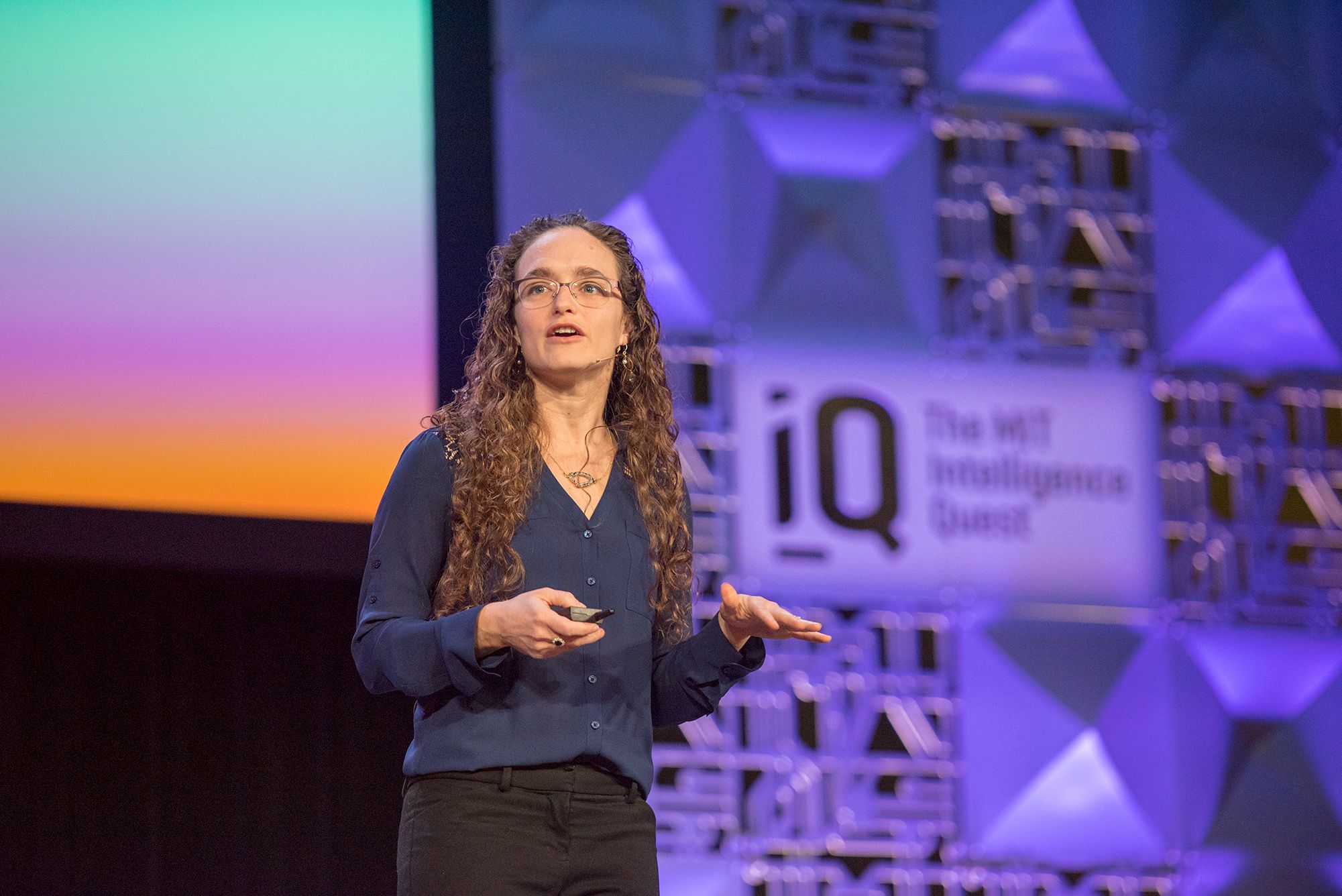

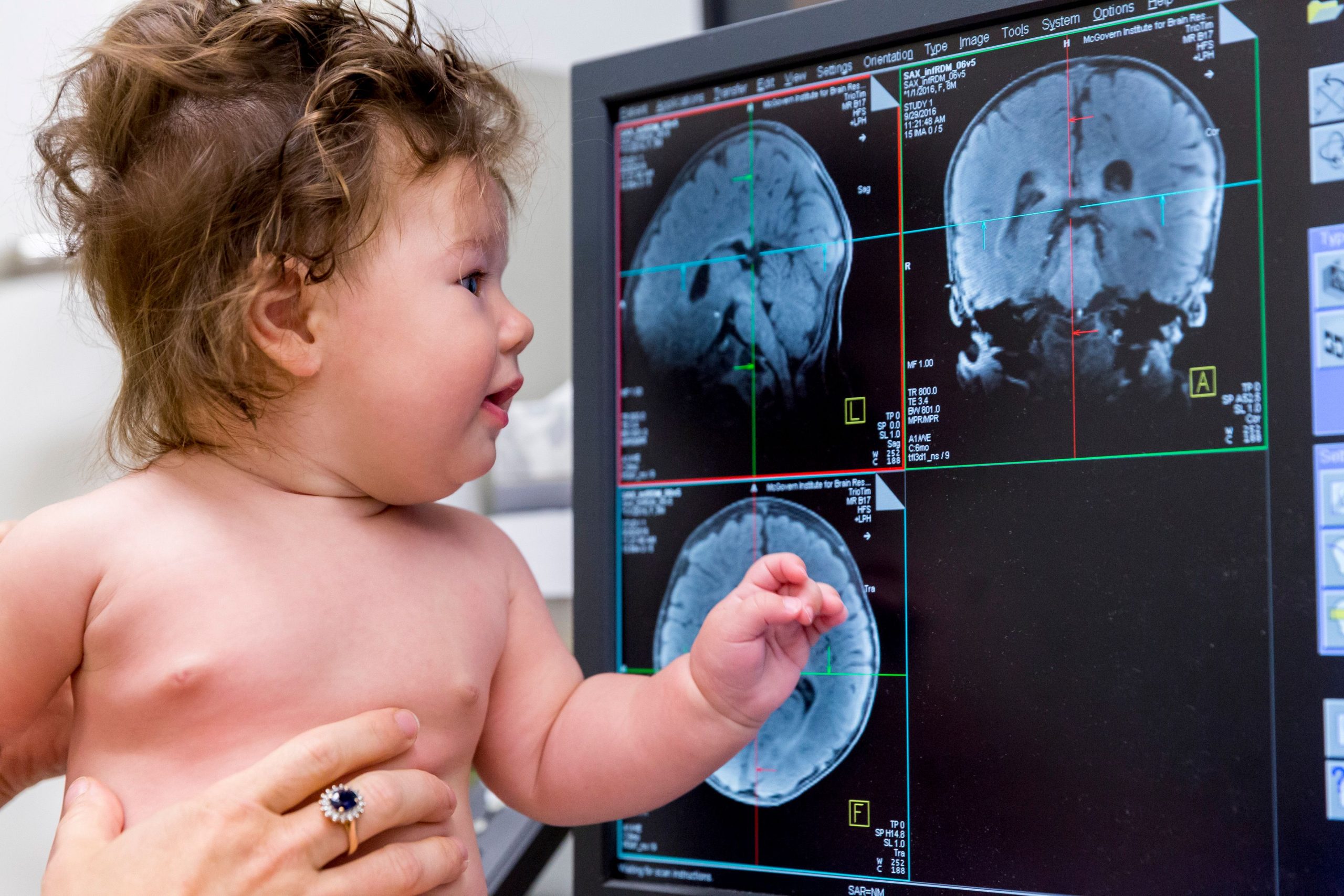
Our Values
Transparency & reproducibility
We share the stimuli from all of our studies on this website, along with results from our widely used Theory of Mind Localizer task; and we are increasingly sharing protocols through OSF, and fMRI data through OpenNeuro.
Inclusion & justice
Saxelab stands by equitable and inclusive scientific values. Please read our lab’s diversity statement on this page.
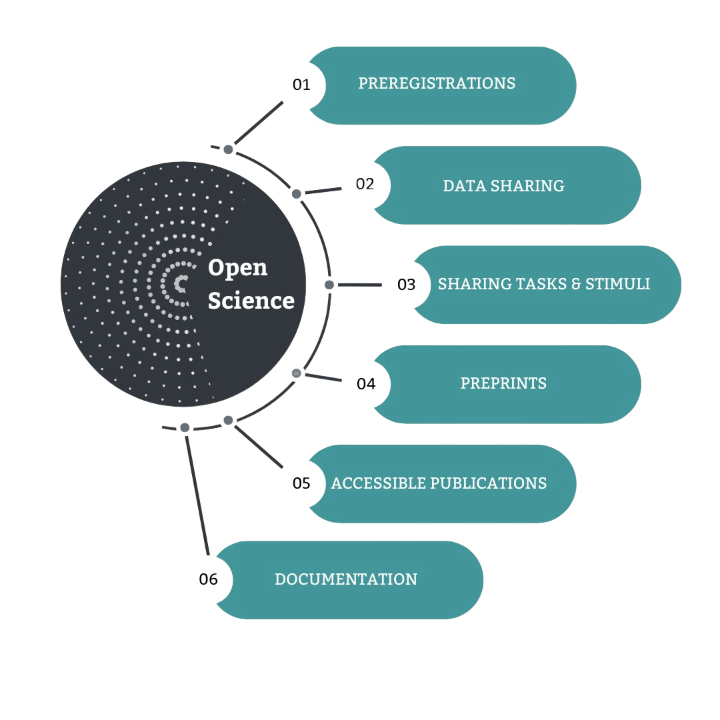
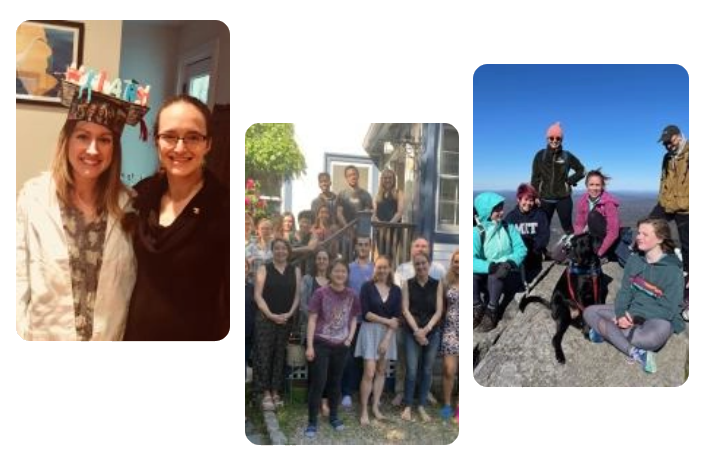
Get Involved
Rigorous science and strong community
We care deeply about working as a unified community, and we are welcoming anyone who wants to be a part of our research!
